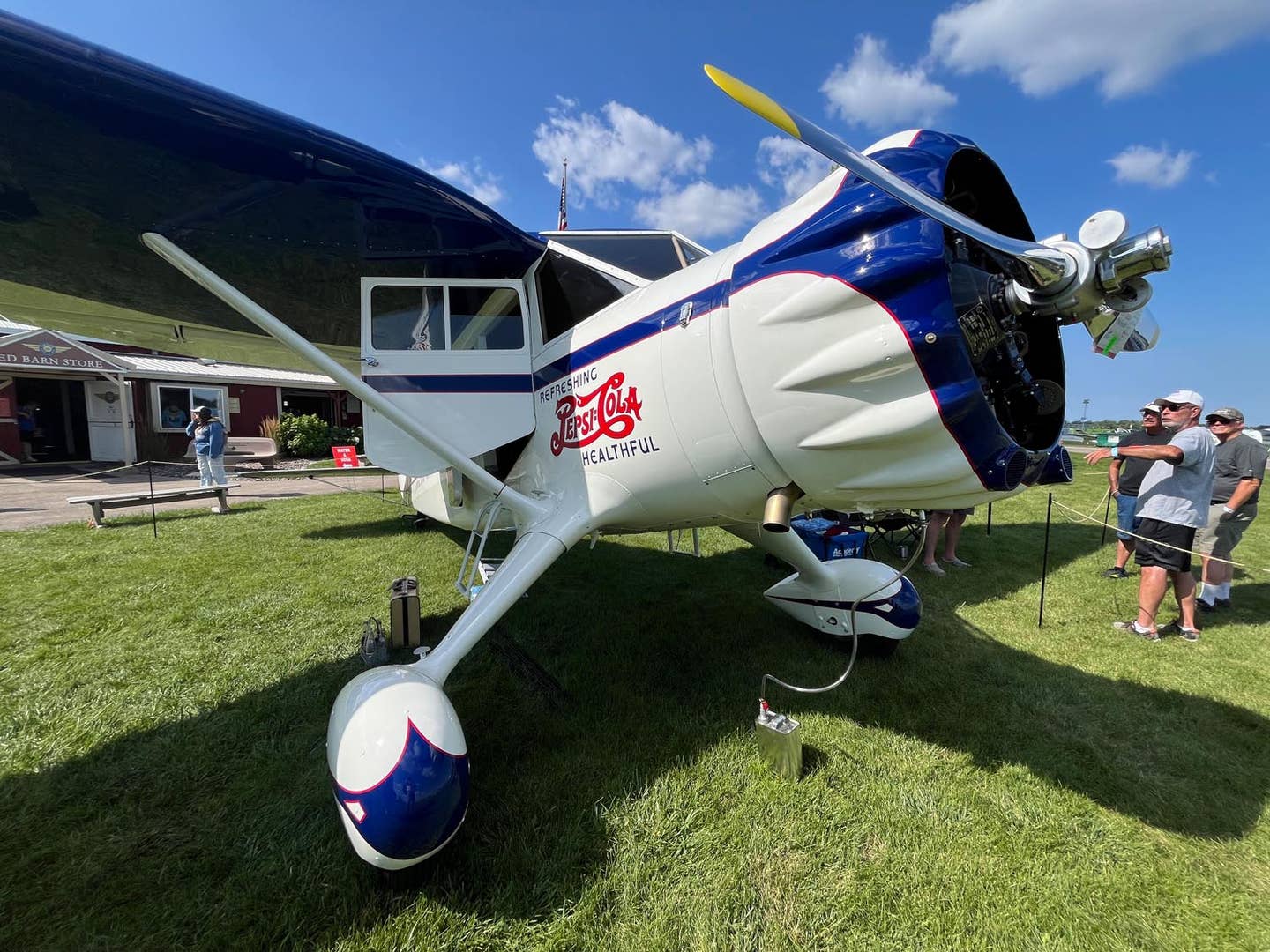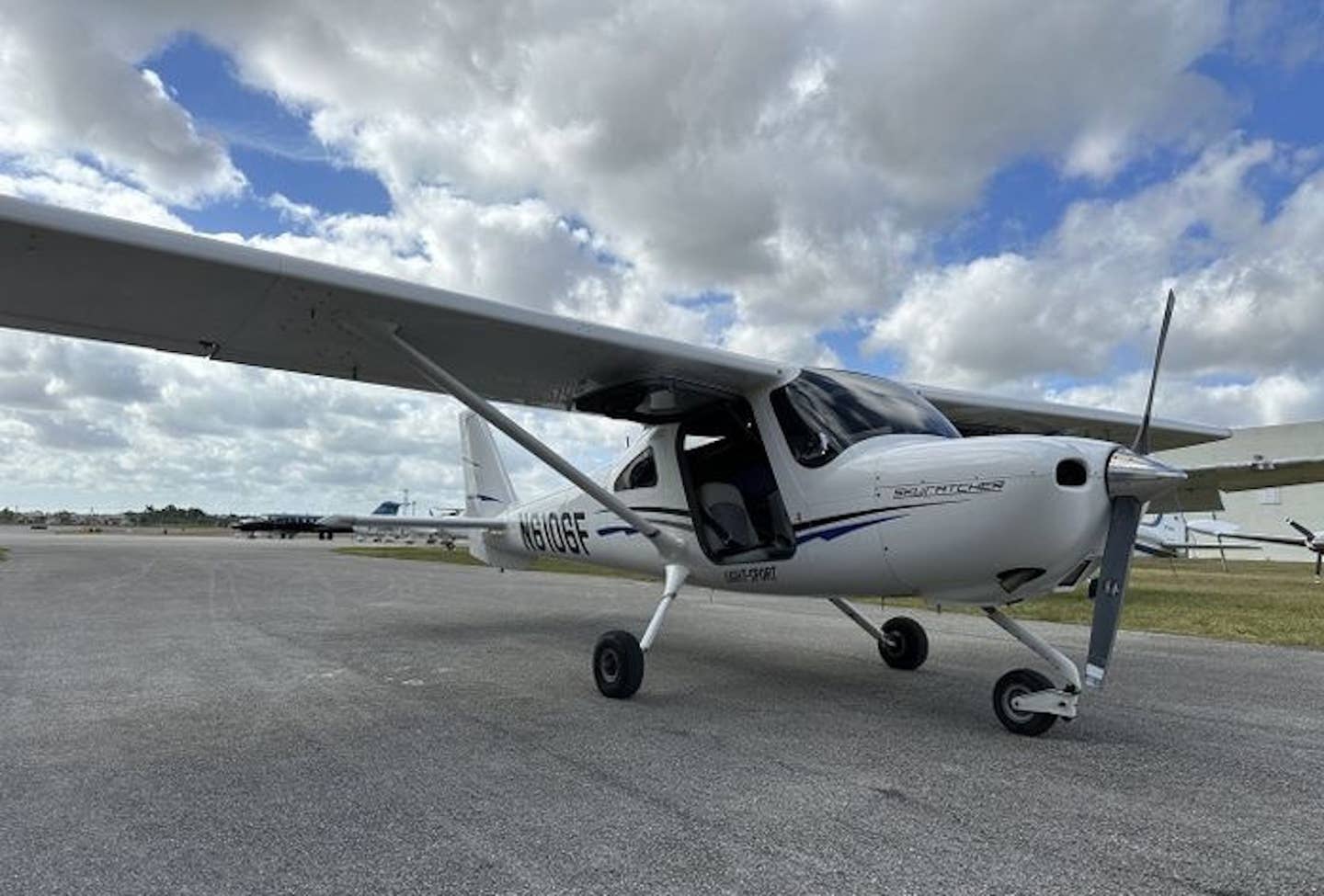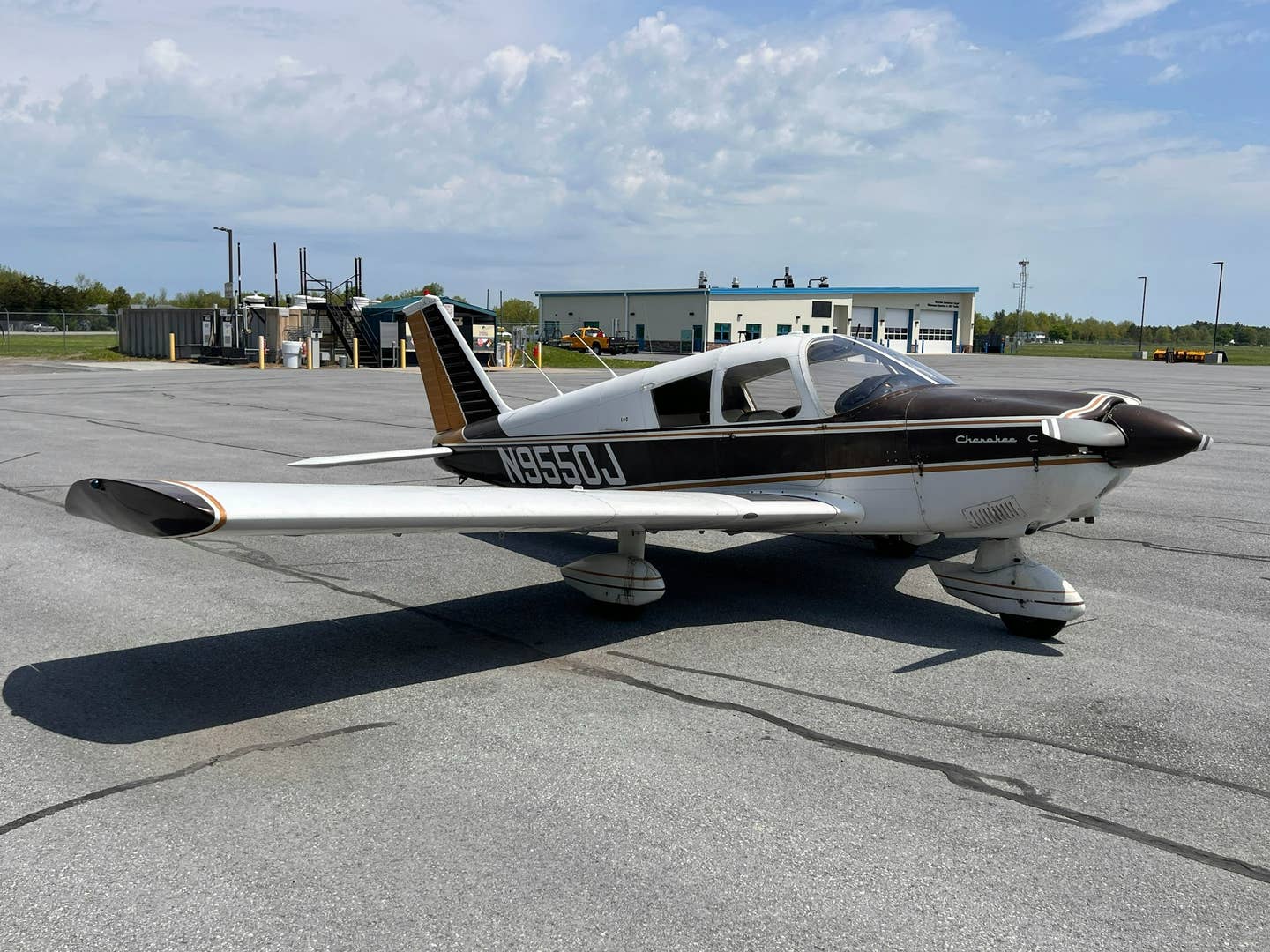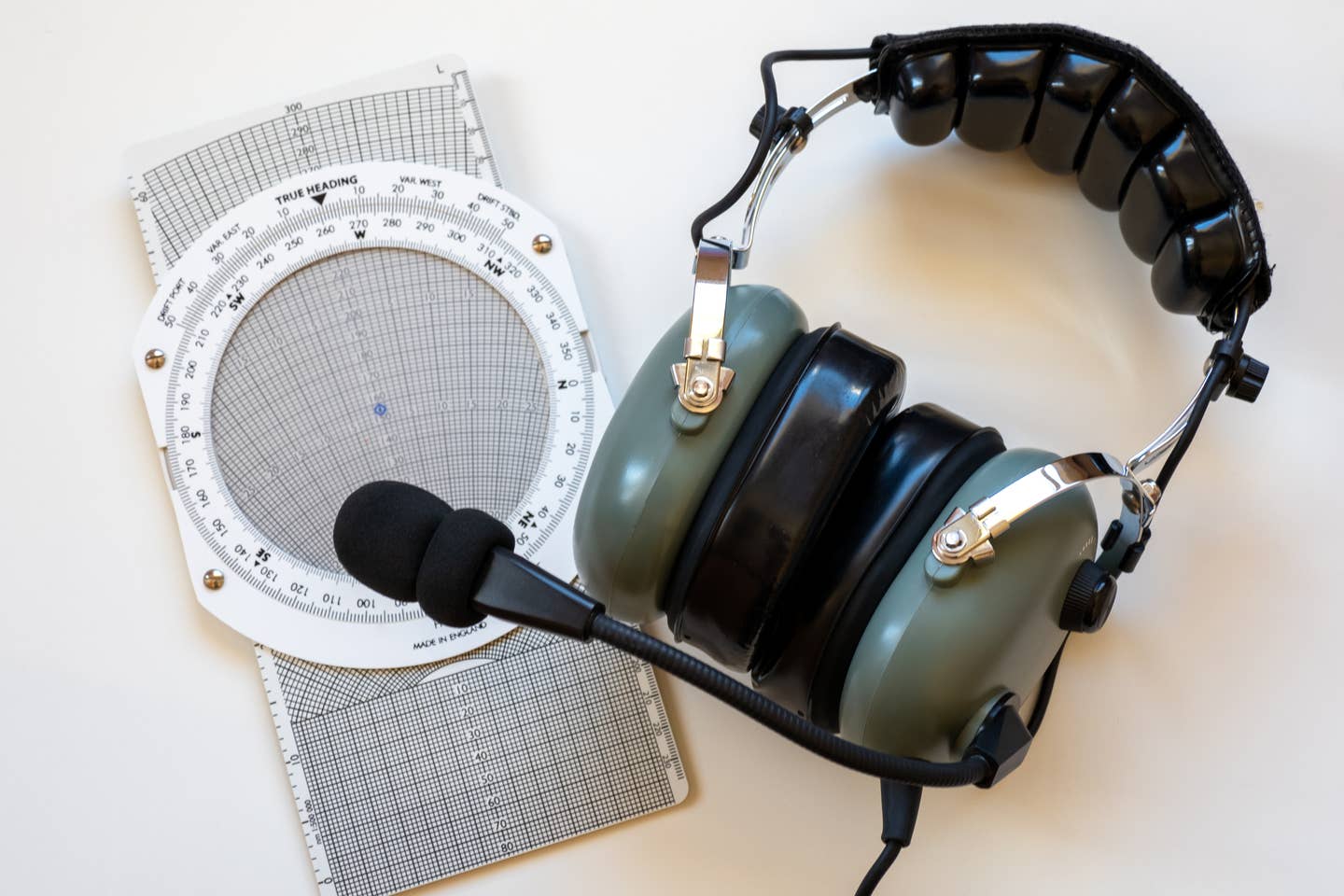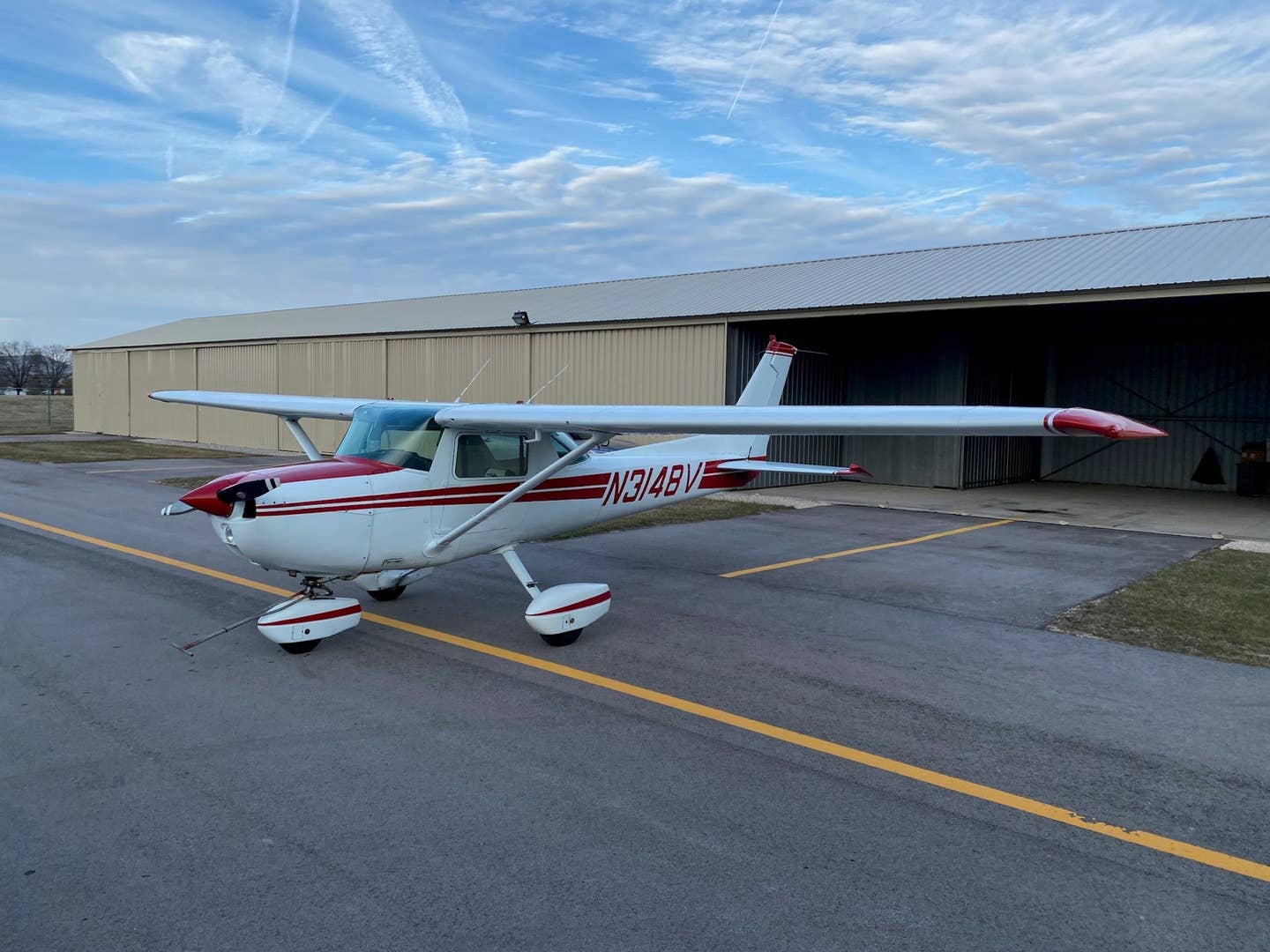Rotax Surprises with a Mosaic-Ready Powerplant
During 2023, in only three months, I’ve lost count how many airframe producers have told me a story that goes something like this… “We (some manufacturer) offer two 100-horsepower choices:…
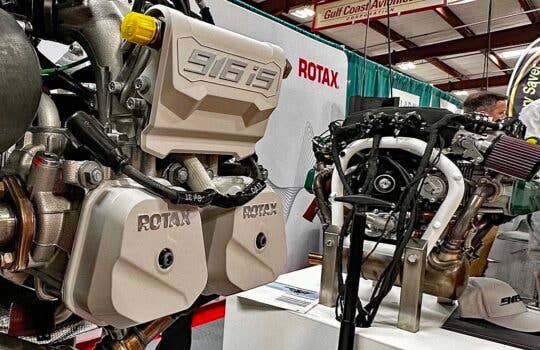
The Rotax 916iS was the centerpiece of Rotax’s booth in Hangar D at Sun ‘n Fun. [Courtesy of Dan Johnson]
During 2023, in only three months, I’ve lost count how many airframe producers have told me a story that goes something like this…
“We (some manufacturer) offer two 100-horsepower choices: a Rotax 912ULS (carbureted) and 912iS (fuel injected), plus the new 141-horsepower 915iS (fuel injected, intercooled). Yet everyone is ordering the 915.” More power always draws interest.
BRP-Rotax has bumped up the juice on the 912iS. Paul Mather of M-Square reported, “Rotax’s latest 912iS now offers 105 horsepower.”
This increase is not particularly unusual. BRP-Rotax has long been quite conservative with their initial numbers. Before the 915iS was ready for market, the Austrian manufacturer said to expect 135 horsepower. It turned out to test at 141 continuous horsepower, a 4-percent increase.
And Now…Rotax’s newest 916iS
At their Sun ‘n Fun Aerospace Expo 2023 press conference, Rotax said, “We are proud to achieve a new level of performance with the launch of our Rotax 916iS/c aircraft propulsion system, which makes it perfectly suitable for four seater planes and for high performance two seaters.” Float-equipped airplanes may embrace the more potent engine as an aid to break water faster.
How about 160 horsepower!? That’s a 19-horse or 13-percent gain in power, all essentially from the same engine core? With Mosaic set to allow four seaters, heavier airplanes, greater speed, and probably retractable gear, the newest 916iS seems perfectly situated for Mosaic.
However, since the new rule won’t allow deliveries before early 2025, does that mean a long wait for a 916iS? No, as it is not made expressly for Mosaic. Indeed, BRP-Rotax already has a launch customer: CubCrafters.
The popular Cub maker has never used Rotax. They used their own engine (one they had manufactured to their specifications). Understandably, the European engine maker is pleased to win CubCrafters as a new customer.
Rotax observed, “Our Rotax 916iS/c showcased its power for the first time in the new CubCrafters Carbon Cub UL, a new engineering prototype equipped with the 916iS.”
“Working with Rotax on the 916iS/c has been a great collaboration. We are excited to launch our latest products together and make them available worldwide,” said Patrick Horgan, president and CEO of CubCrafters. “The powerful and smooth single lever operation Rotax 916iS/c is outstanding, bringing the latest engine technology to the Carbon Cub family.” Patrick added that 916iS/c is compatible with fuels available worldwide.
Single lever control is a simplified means of offering an in-flight adjustable pitch propeller. SLC does not increase the pilot’s workload, eliminating the need for flight training required to use a constant-speed propeller. The concept, also used in every Cirrus airplane, was promoted by LAMA and is likely to be accepted by the FAA in Mosaic.
Progressive Aerodyne’s Searey offered a long-time test bed for single lever control installation. ▫️ This particularly handsome Searey is operated by FlytheBeach.com, an active northern Florida flight operation that “has more Seareys than Searey.” FlytheBeach is operated by partners Ryan and Rose who have 4,500 Searey hours between them. This beautifully painted Searey was parked at Sun ‘n Fun 2023.
“The launch of the 916 ISC is yet another testament to our commitment to developing groundbreaking technologies and creating the most advanced propulsion system for our customers,” stated Rotax General Manager Peter Ölsinger of Rotax Propulsion Systems. He continued, “For us, it was crystal clear that we had to build on the success of the 915 engine. We can now seize new opportunities in the four-seat market segment with a perfectly mature product.”
How “mature” is this brand-new engine? Most new powerplants, especially from careful producers such as Rotax, begin life with a 1,000- or 1,200-, or perhaps a 1,500-hour time between overhaul (TBO). However, right out of the gate, 916iS/c offers a 2,000-hour TBO, matching the best from any engine maker in the industry. That shows confidence.
The latest 916iS/c has a maximum operating altitude of 23,000 feet; maximum continuous power is available to 15,000 feet.
Little Things That Matter a Lot
Notice that “c” on the end? It’s a little letter with a big meaning — “certified.” Rotax noted, “In addition, the 916iS/c is an alternative for IFR flights as well as for commercial flying, for example, flight schools. Of course, that little letter “c” its going to increase the price because it is “certified.”
However, Rotax literature specified other variations, such as the 916iS (no “c”), which they describe as the ASTM compliant engine, making them suitable for LSA today and Mosaic LSA or mLSA in 2025. The 916iS/c is certified by EASA (Europe’s rough equivalent to FAA). Commonly, reciprocal agreements between CAAs in western European nations and FAA in America allows the U.S. agency to accept EASA’s approval and vice versa.
Helicopters (and, finally, fully-built gyroplanes) are also expected to be permitted under Mosaic. As rotary aircraft often prefer higher power, 916iS appears to offer a good fit.
Since 915iS has been winning converts steadily, I predict a wonderful response to the latest and greatest from the largest supplier of light aircraft engines in the world.
Strap your seat belt securely, clear the sky ahead and push that SLC throttle to the max. Hoo-yah!

Subscribe to Our Newsletter
Get the latest Plane & Pilot Magazine stories delivered directly to your inbox


